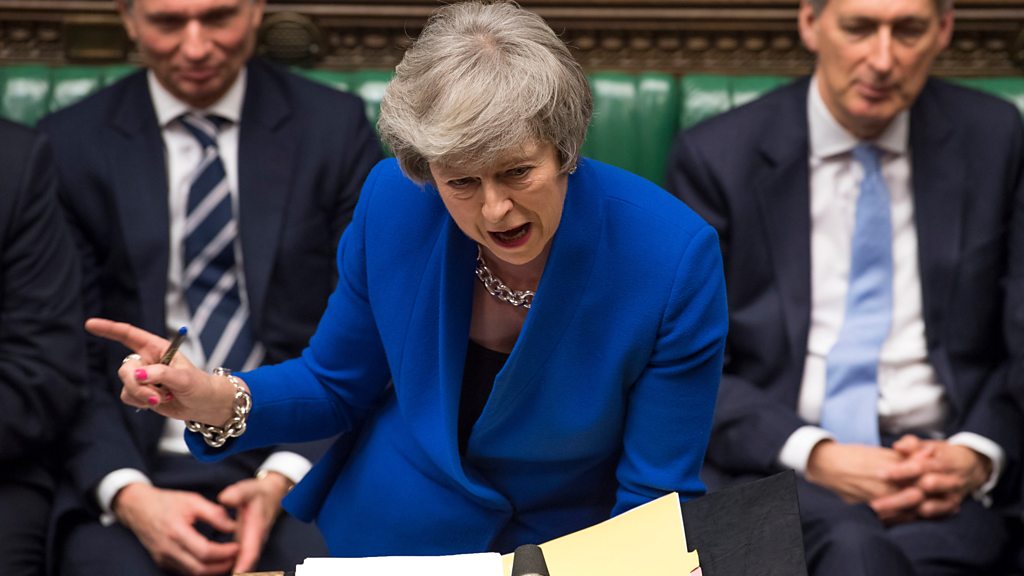Brexit lesson for separatists
I once told an English friend of mine that his child could be instantly famous if he were to name him or her Brexit. He laughed aloud before telling me that such fame or notoriety could have been brought about by how confused or what a nuisance such a child had become Brexit has been one […]

UK: PM will ask the EU to reopen Brexit deal
I once told an English friend of mine that his child could be instantly famous if he were to name him or her Brexit. He laughed aloud before telling me that such fame or notoriety could have been brought about by how confused or what a nuisance such a child had become
Brexit has been one concept on every lip since Britain voted by a majority of 52 percent to 48 percent to quit the European Union in the aftermath of a referendum in 2016. It is as if the politicians did not know how to effect a democratic decision made by the voting public. That exit remains a mere proposition today. The confusion engendered by Brexit has been unprecedented. Proposals made by Prime Minister Theresa May, regarding terms of disengagement, have been roundly defeated in Parliament. The future of a great nation has been a subject of gloomy speculations.
The arguments for Britain to leave the EU have been as compelling as the arguments made by those who would want it to remain in the Union. The fact of unrestricted immigration, informed by a growing population of immigrants from poor European countries, could be understandably resented by nationalists who also are uncomfortable by the fact that decisions made in British courts could be overruled by a superior court in Brussels, the European capital. The latter is considered by nationalists as an unacceptable erosion of British sovereignty. Moreover, it is resented that the huge financial contributions Britain makes to the EU could be put into more urgent use at home, especially in servicing the National Health Service.
However, there have been the equally compelling arguments bordering on economic and social integration-the facts of concessionary terms of trade and free movement. Cooperation between European countries is believed to have heralded economic prosperity. Big businesses locate in major cities, and expertise from one nation helps to sustain economic activities in another. Menial jobs that the natives would be hesitant in doing are enthusiastically grabbed by nationals of poor economies. It is an understatement to say many are worried about what could become of Great Britain were it to exit Europe without a substantial deal.The possible loss of jobs and mass poverty, as big businesses relocate from Britain to other economic centres, pose great danger to security, law and order.
The rather hardened Brexists might be optimistic and therefore unapologetic about the decision they have made, there are however a growing number of Britons who say they were not adequately informed about the implications of Brexit. Of course, the British politicians are quite clever and could resolve their problems once the primacy of the national interest over parochial adversarial politics becomes the inevitable course of action.
Brexit has its lessons for others, especially the separatist agitators who would rather pursue emotional issues at the expense of the bigger picture. Nigel Farage, the far-right British politician said it was his ambition to lead Britain out of the European Union. He has been eminently anonymous in finding a solution to the confusion brought about by his idea. The Nnamdi Kanus who would want to have their new nation of Biafra carved out of Nigeria are motivated by reasons bordering on the emotion. They seem oblivious to the more mundane issues of economic interdependence and the demographic realities of Igbo existence in the larger Nigerian Union-imperfect as that Union might be.
Anthony Akinola, Oxford, UK.
